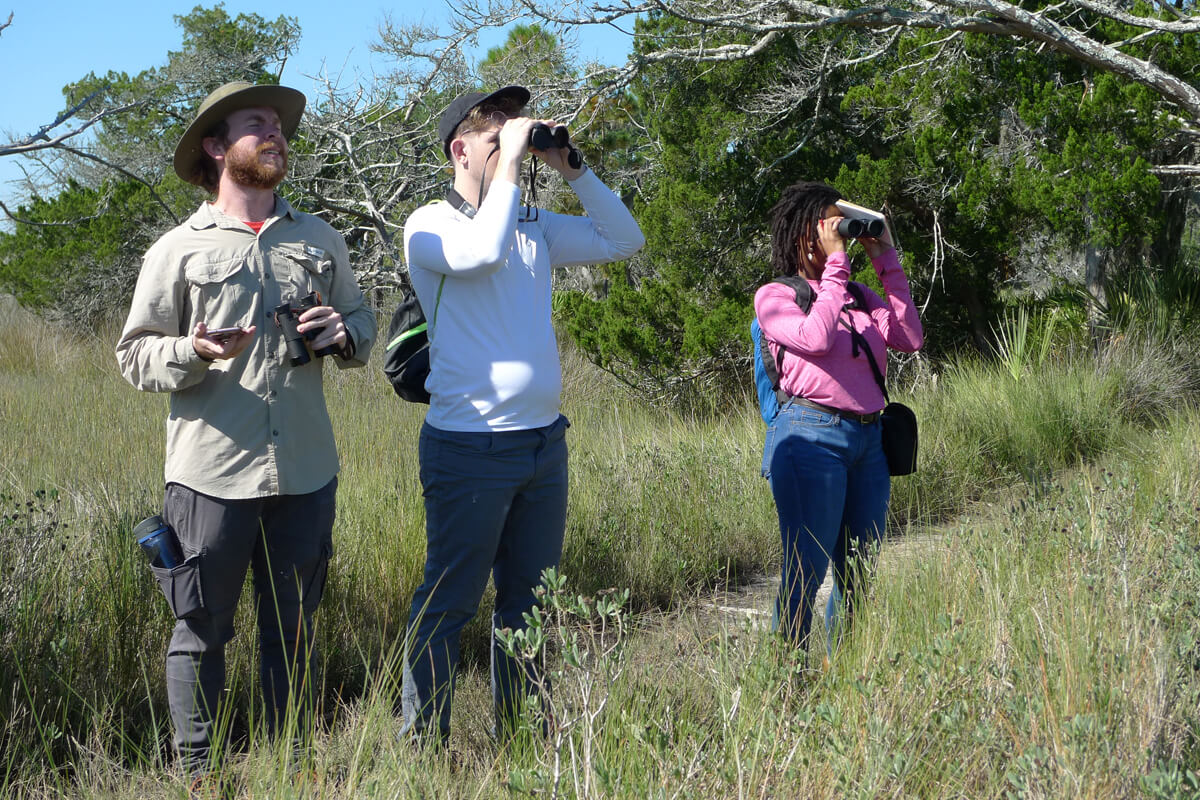5 things that make you a much-needed mentor
Since the University of Georgia is gearing up for another school year, now is the perfect time to become a UGA Mentor. If you relate to even one of these attributes, there’s a UGA student coming this fall that can use a mentor just like you.
1) You came to UGA facing different challenges than most of your classmates.
Students want to see themselves reflected in their mentors—whether that be through race/ethnicity, disability, background, whatever. Be a role model to a student who can benefit from your experience.
2) You remember what being a UGA student felt like.
Stepping onto a university campus can be daunting. Students are encountering new experiences in a new environment with new challenges, all while trying to decide how they want to spend the next 30-plus years of life. You’ve been in their shoes. You know that nobody has all the answers. You can help—sometimes by just listening to them voice their fears and vent.
3) You want to build on the confidence others inspired in you.
You realize that you would not be where you are without your UGA education and all the people who stepped up for you along the way. Show your appreciation by paying it forward and offering a hand up to the student you once were. It may amaze you how much YOU get out of giving back as a mentor.
4) You’re the first to take advantage of resources offered to you.
The UGA Mentor Program is here to support the mentorship process with guidelines, ice breakers and more for each step along the way. Learn more at UGA Mentor Program 101, a webinar for those who are mentors and those who are considering becoming one, on Wednesday Aug. 2 at 3:30 p.m. EDT.
5) You look to plan ahead and thoughtfully budget your time.
The UGA Mentor Program is simple to join, and mentoring fits within your schedule. A 16-week mentorship requires just one to two hours per month. Making yourself available for 15-to-30-minute Quick Chats is another option. And you can connect via phone, Zoom, text, email—whatever works best for you, no matter where you are.
You may be just the mentor students are looking for! Discover all the benefits of connecting with other Bulldogs by serving as a UGA Mentor!


